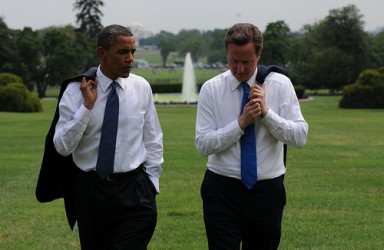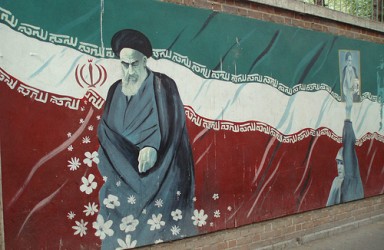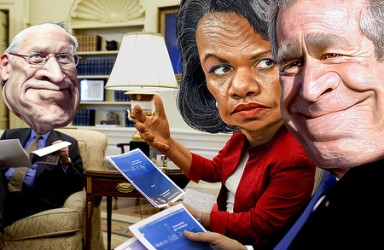Interest Policies and the 1928 Great Slump
Had US policy makers been able to rely on a range of fiscal tools such as were gifted to federal government during the New Deal era, more decisive action could have been taken to avert such a prolonged depression.
Are Intelligence Failures Inevitable?
Over the course of the last century, failures in intelligence have resulted in political, economical and social losses, such as the terrorist attacks of 11 September 2001.
U.S. Foreign Policy and Russia: The Role of Internal Debates and Politics
Imagining a great power-focused, cooperative strategy between the U.S. and Russia will only be possible if internal political debates in the U.S. create an environment for it to develop.
Climate Change Policy Analysis
The United States will face considerable challenges in reducing the impact of climate change without robust legislation and a political commitment to the issue.
Does Britain’s Future Lie with North America, rather than Europe?
Current events like the European debt crisis seem to only emphasise the need for Britain to look to North America in order to join NAFTA and escape European bureaucracy.
Hamas and Iran: Nationalism and Islam
Islam provides a strong rhetorical tool for furthering national political projects, providing as it does an empty vessel on many of the questions relevant to the contemporary political world.
What Does Minority Report Tell Us About Geopolitical Imagination?
There is a stark analogue between the policies and moral justifications for pre-emption in the Bush Doctrine and the workings of, and moral justifications given for, pre-crime.
How Does Terrorism Lend Itself to Constructivist Understanding?
Constructivist theories are best suited to analyze how identities and interests change over time, which is essential in understanding the diverse state responses to transnational terrorism.
How Dominant is the President in Foreign Policy Decision Making?
While there are many organizations in the U.S. government that can influence foreign policy, when focusing on foreign policy decision making, the president is, for the most part, the dominant actor.
Why is Intelligence Sometimes Controversial in Democratic States?
Exactly how accountable are intelligence agencies and to whom? Before the 1970’s many intelligence services acted by executive decree and there was very little in the way of legislature involvement.









